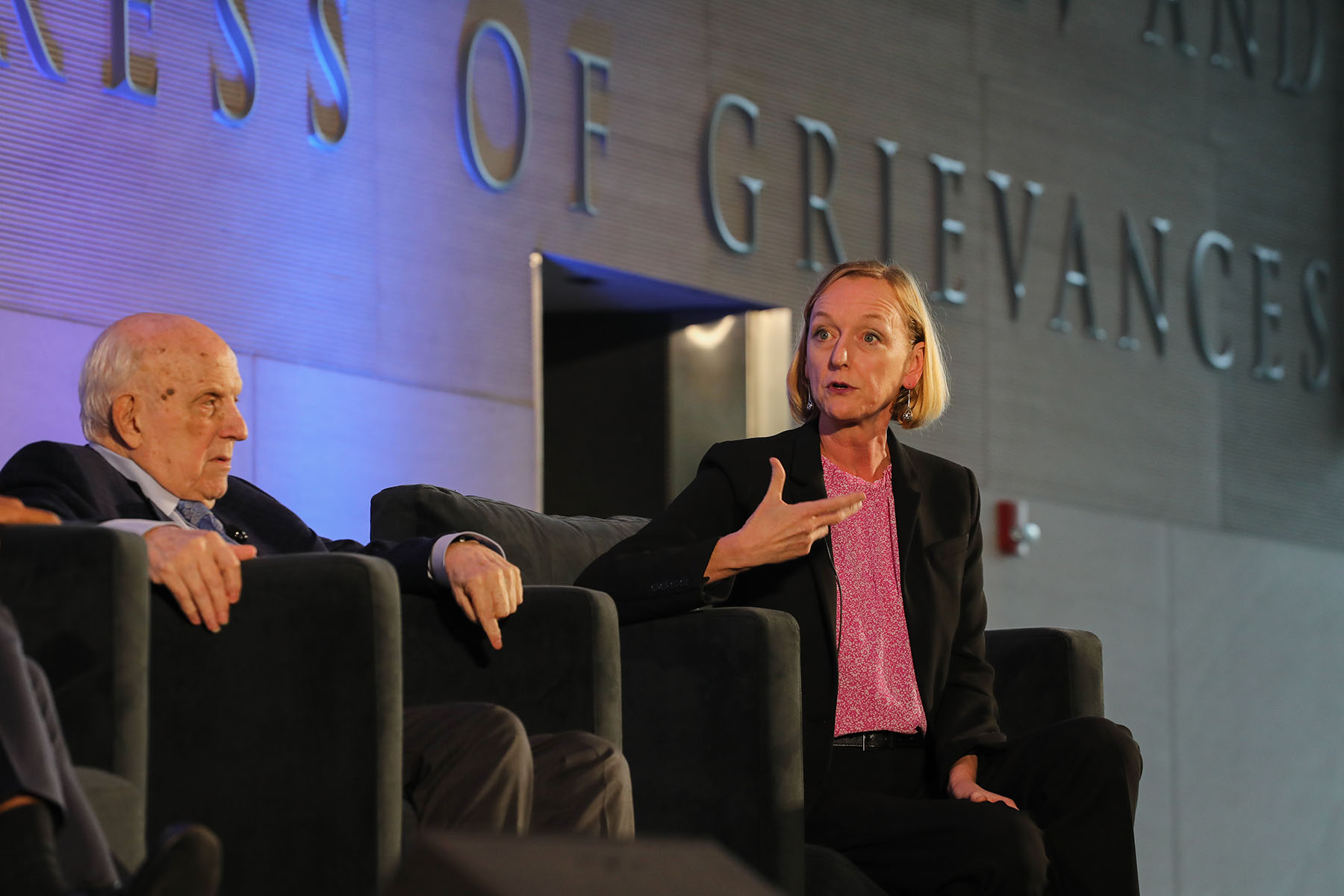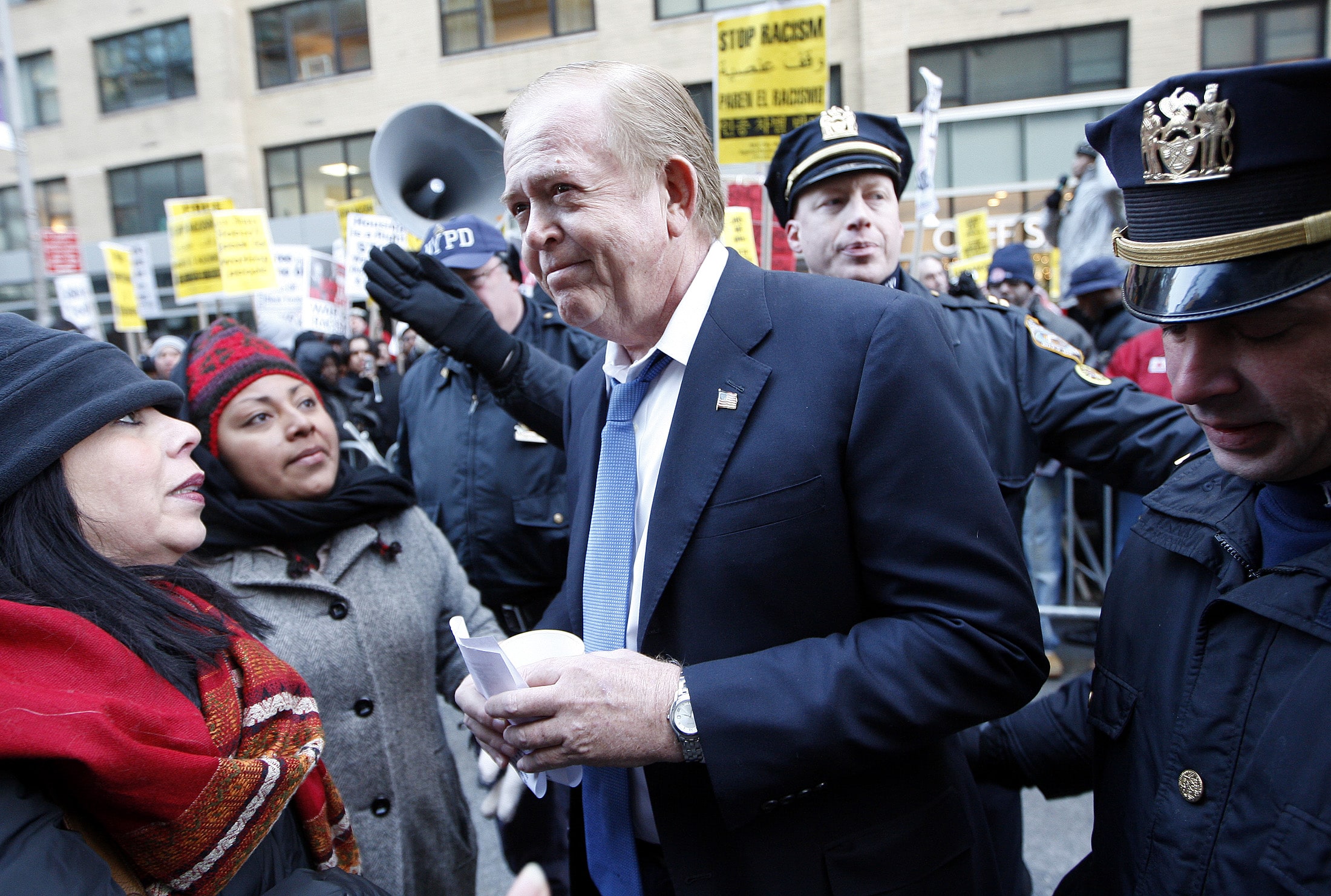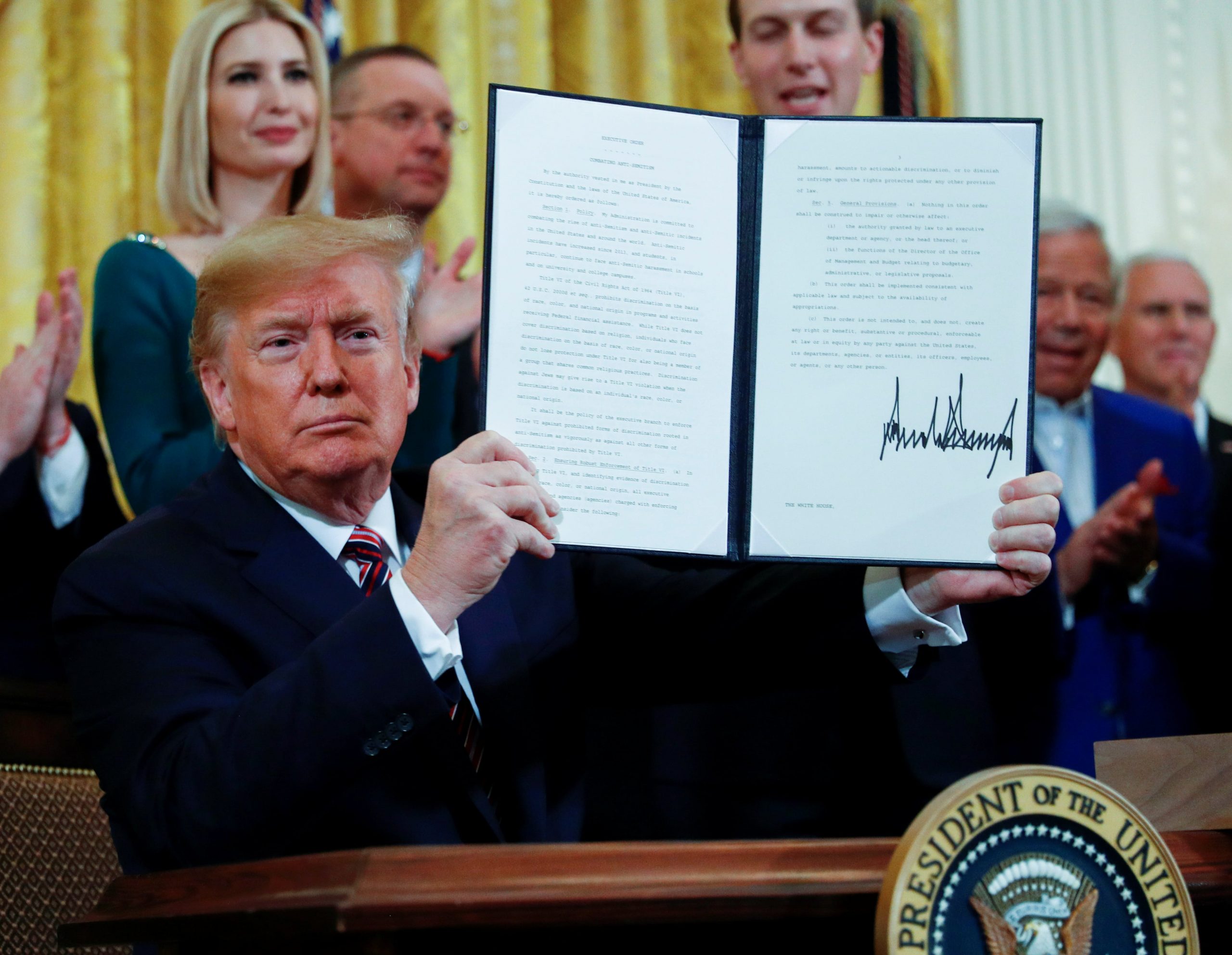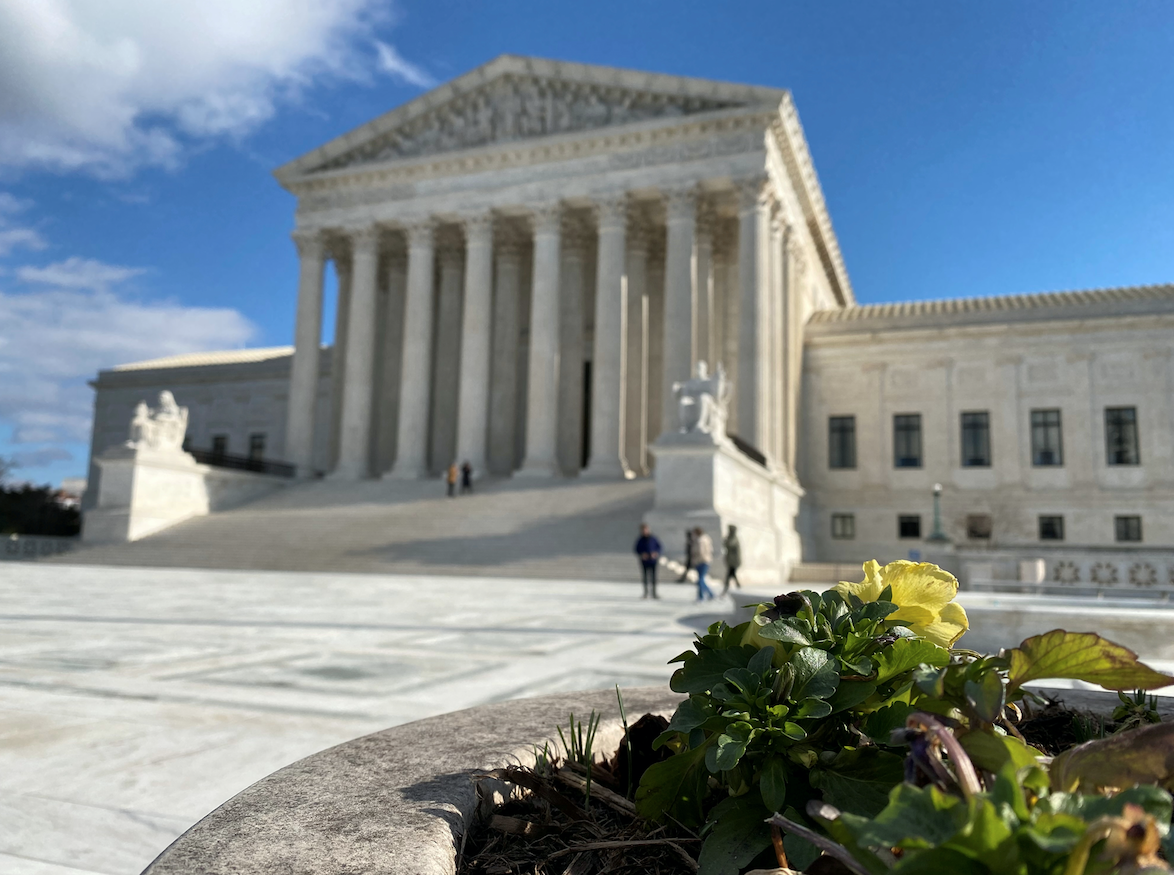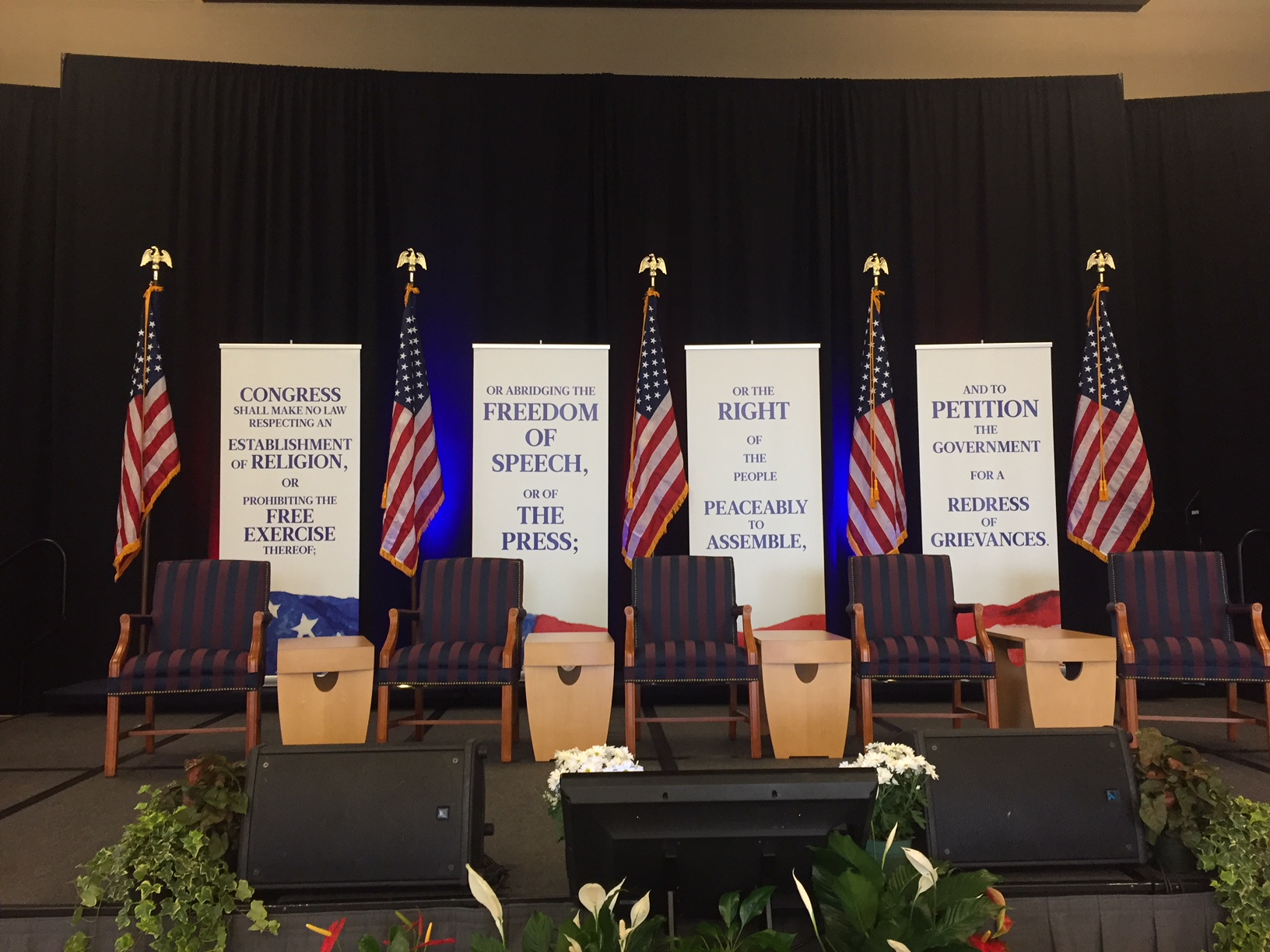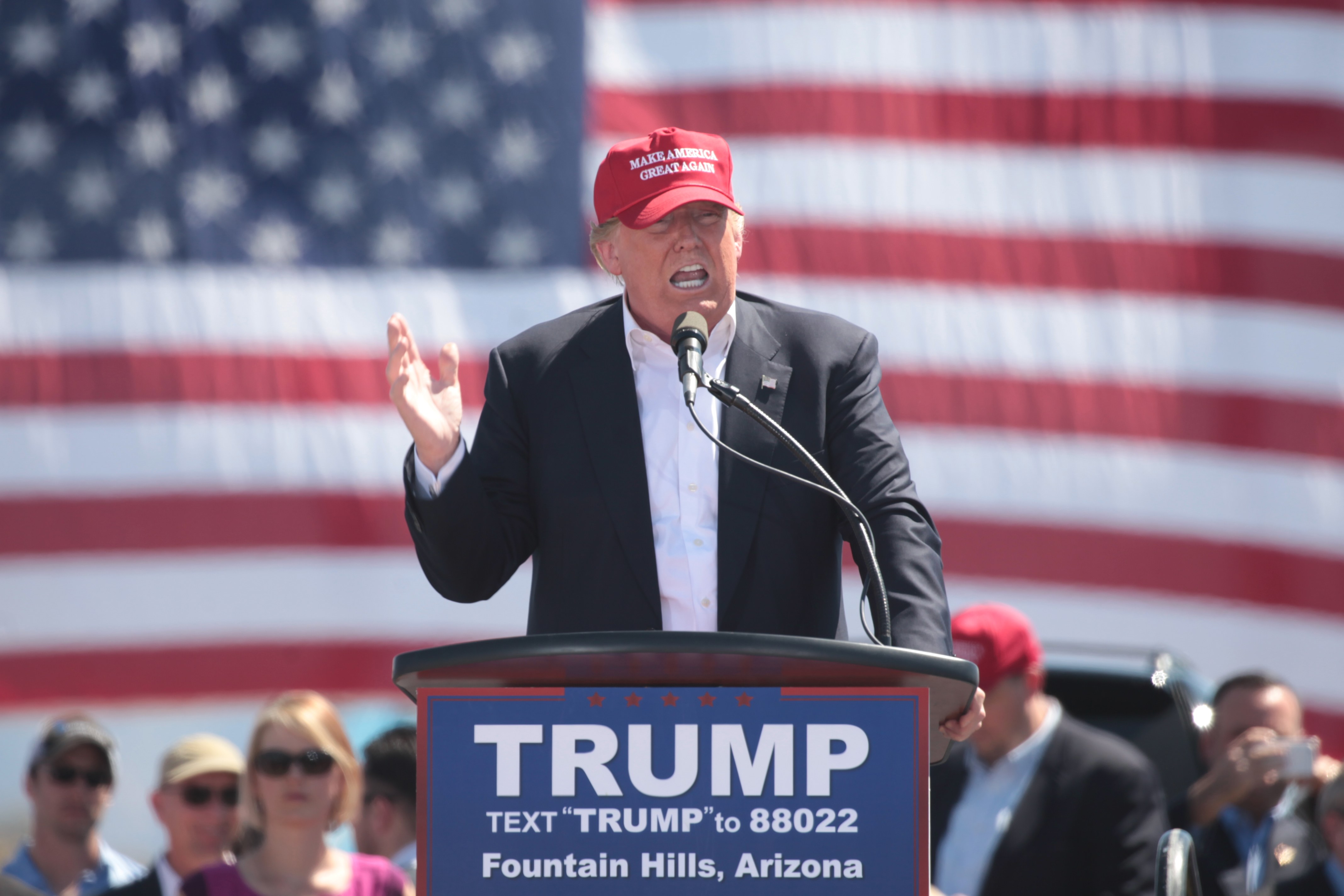Panel Discussion: Leading Experts on Technology’s Impact on the First Amendment
Moderator Bruce Brown, executive director of the Reporters Committee for the Freedom of the Press, was joined on stage by Jameel Jaffer, executive director of the Knight First Amendment Institute at Columbia University; Floyd Abrams, senior counsel at Cahill Gordon & Reindel LLP; and Lyrissa Lidsky, professor at University of Florida Levin College of Law.
Voting Technology Company Demands Conservative Networks Retract Election Fraud Claims
From the moment the 2020 presidential election was called in favor of Joe Biden, three prominent conservative cable companies, Fox News, One America News Network (OANN), and Newsmax have repeatedly questioned the accuracy of the results. Now Smartmatic, a voting technology company, is threatening to sue the networks for false claims they published or republished about its product.
Trump Signs Order Curtailing Protections for Social Media Companies
On May 28th, President Donald Trump signed an executive order that aims to roll back legal protections for social media platforms. His order was immediately met with withering criticism from First Amendment experts.
Should Supreme Court Opinions Be Televised?
While most sitting Justices have opposed arguments in favor of televising Supreme Court oral arguments, little has been said about broadcasting the announcement of opinions. In their newest essay, First Amendment experts Floyd Abrams and Ronald Collins explore this possibility and the benefits it could offer the public.
First Amendment Watch spoke with panelists at the National Conference on the First Amendment at Duquesne University about their areas of expertise in the First Amendment space.
President Trump’s Plans for Libel Laws
President Trump and his team want to ‘open up’ libel laws. The goal: to make it easier to sue media organizations for unfavorable coverage. But there is little that the President can actually do to change the libel laws. There is no federal law on libel. State laws control libel, and all such laws are subject to stringent First Amendment protections for the press and other speakers that the Supreme Court has imposed through cases such as the landmark New York Times v. Sullivan decision in 1964. However, threats to loosen the libel laws is noteworthy as part of a larger effort to criticize the press and attack its credibility.
Lata Nott Podcast: Free Speech and the Internet
The Newseum Institute’s First Amendment expert, Lata Nott, originally published this podcast on the Newseum blog, and has given First Amendment Watch permission to reprint. In this episode of The First […]
